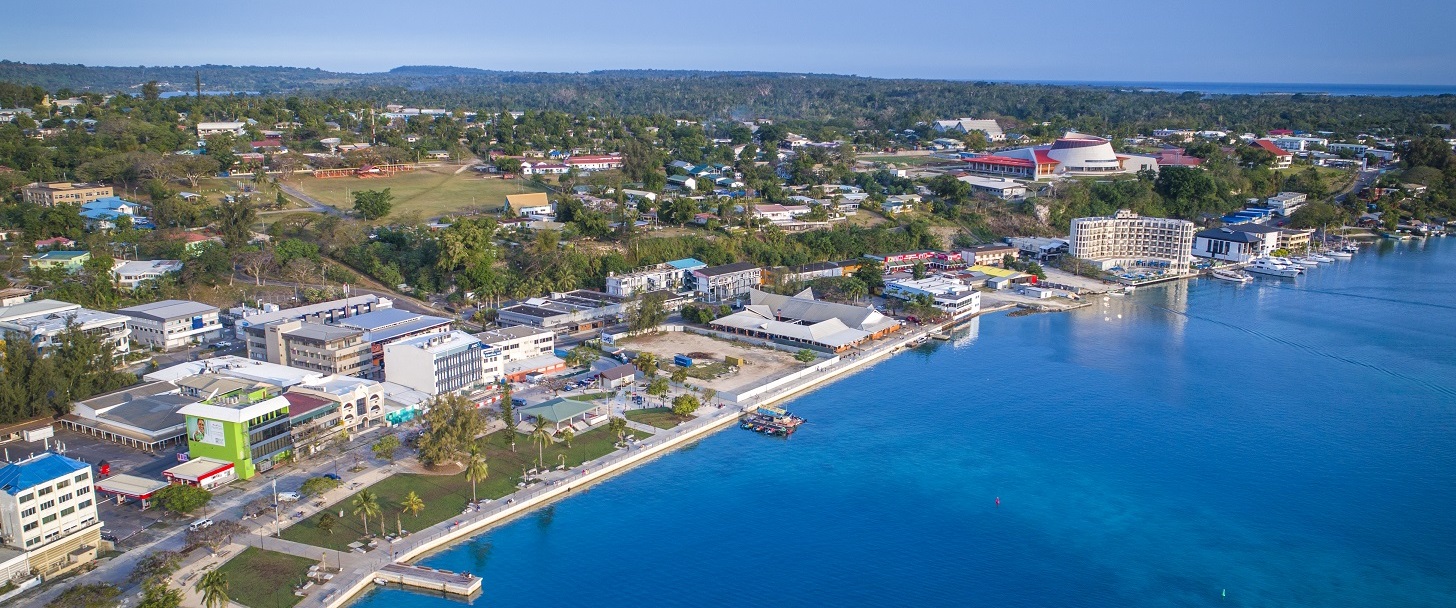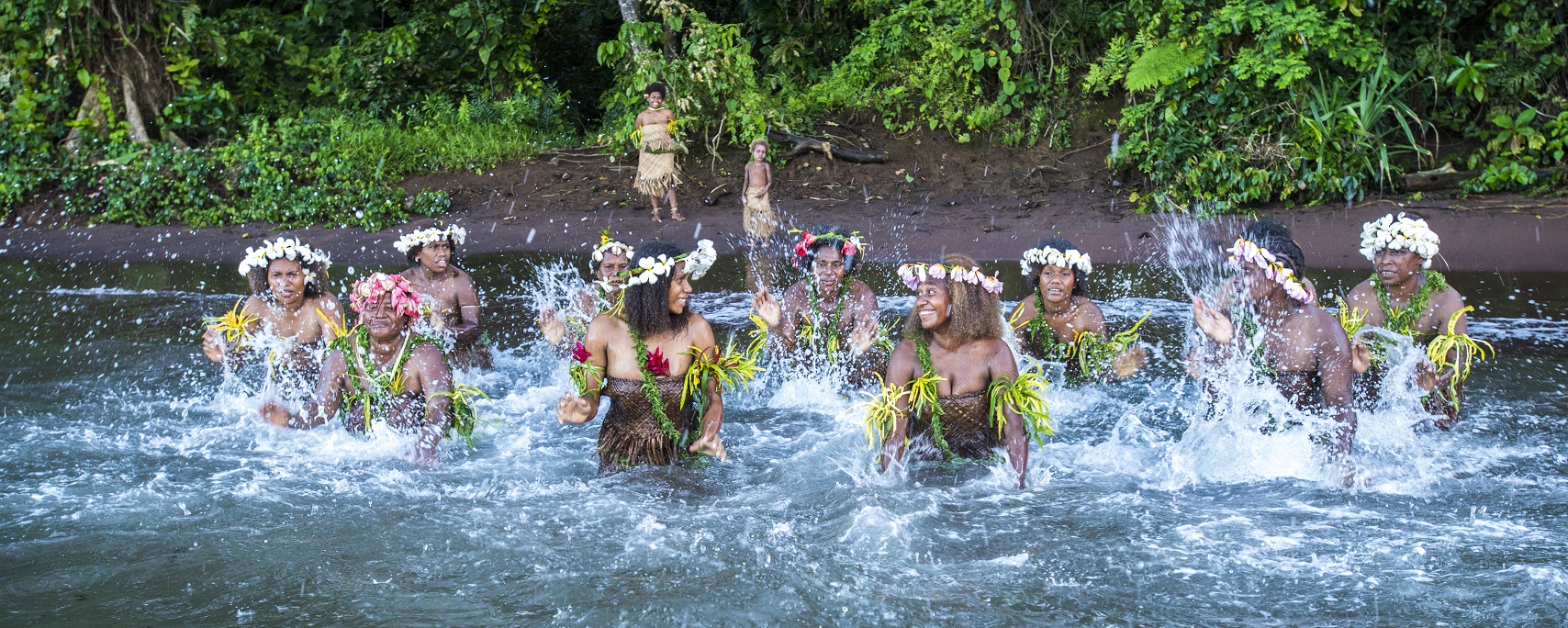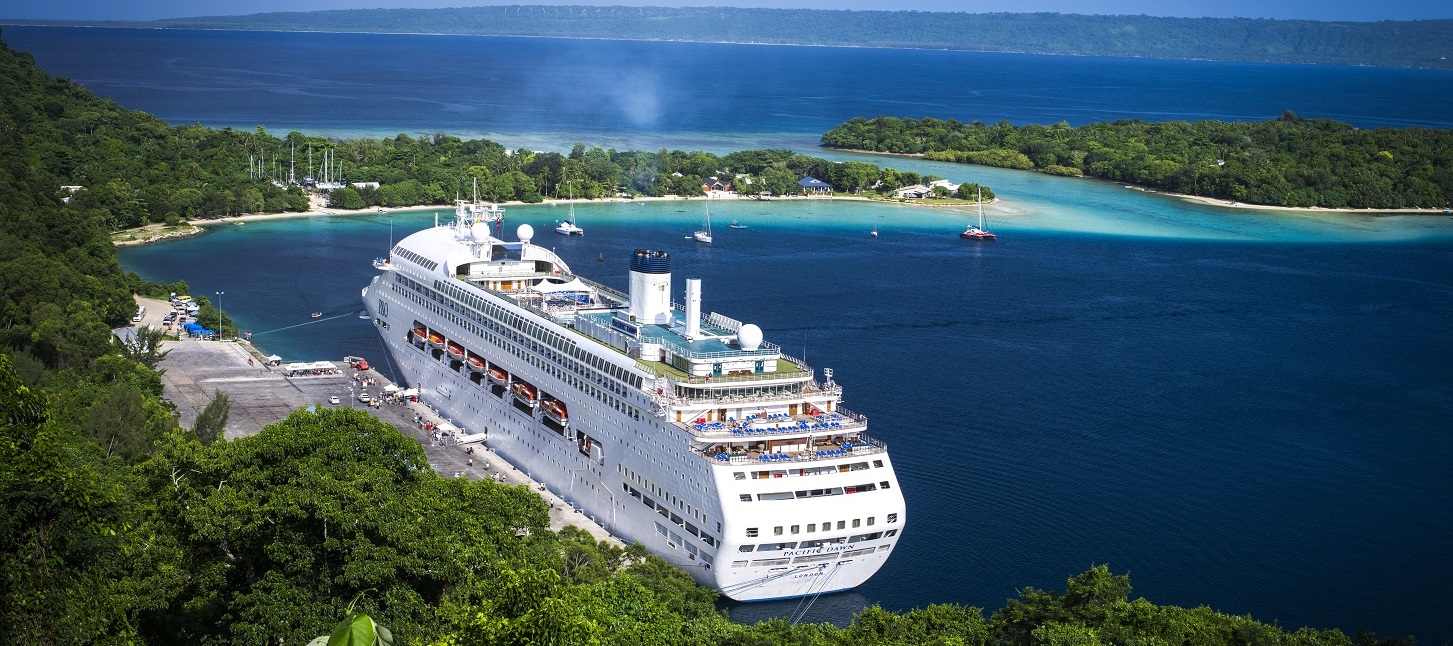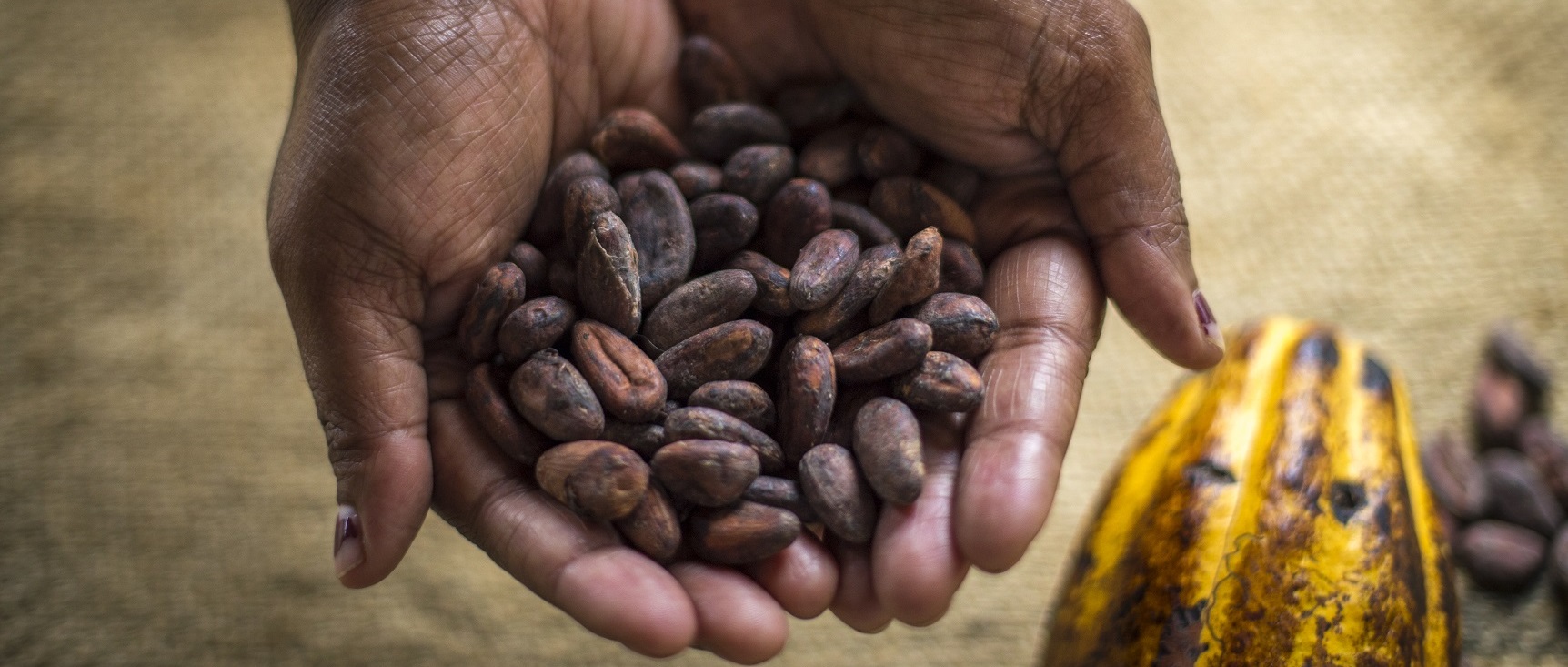
Vanuatu is situated in the South Pacific Ocean and is made up of 83 islands stretching over 1,300 kilometres. Port Vila is the capital town and is the economic centre to most of its population offering employment opportunities, education and health services. The Population is over 280,000 people and over 75% of its population lives in rural areas in the outskirts of urban centres and to the remote islands. There are six provinces (Tafea, Shefa, Malampa, Penama, Sanma and Torba) and three municipalities (Port Vila, Luganville and Lenakel). The country continues to depend on subsistence farming. The economic sectors are relatively small and depends on small scale industrial sector, services sector and agriculture sector. The economy is based on agriculture, fishing, tourism, construction and offshore financial services.
Vanuatu’s economy report shows gradual improvement especially in the period of 2016-2017 respectively after the devastating cyclone Pam in 2015 as it picks up. Despite the decrease recorded by national account of a lower growth of 1.6%, most of the improvement is contributed and supported by the current infrastructure developments, agriculture and tourism pickup. The merchandise trade of goods and services continues to remain a deficit as imports outweighs the exports, but the economy continues to expand showing positive growth and has grown by 3.5% since 2016 reflecting a strong performance for the last six years.
However, most export commodities price remain high especially for copra and coconut oil and other commodities such as beef, kava, cocoa and other primary products with mixed performances. On the other hand, trade in services continues to increase t driving the growth in 2017. Services trade includes tourism, telecommunication, education, health, distribution, transportation, construction, finance, Professional businesses, Sports & Recreation and environment services contributing to the overall economy of Vanuatu.
In stimulating the economy, the Vanuatu government launched its fifteen-year National Sustainable Development Plan in 2016 which includes the economy pillar, emphasising on better formulation of economic and productive sectors policies in order to grow and increase Vanuatu’s economic activities, contributing to employment creation and growth. The Sectors policies in particular contributing to achieving this pillar are; Trade Policy Framework focuses on increasing trade and aid for trade, Industry Policy targeting value addition of primary products, Tourism Strategic plan towards developing and improving tourism products and standards, Productive overarching sector policy on agriculture, fisheries, forestry and livestock to support increase and sustainability of food security.
For further information on Vanuatu’s economic performance, you can see the Vanuatu Statistics website on vnso.gov.vu or the Reserve Bank of Vanuatu website on www.rbv.gov.vu.




